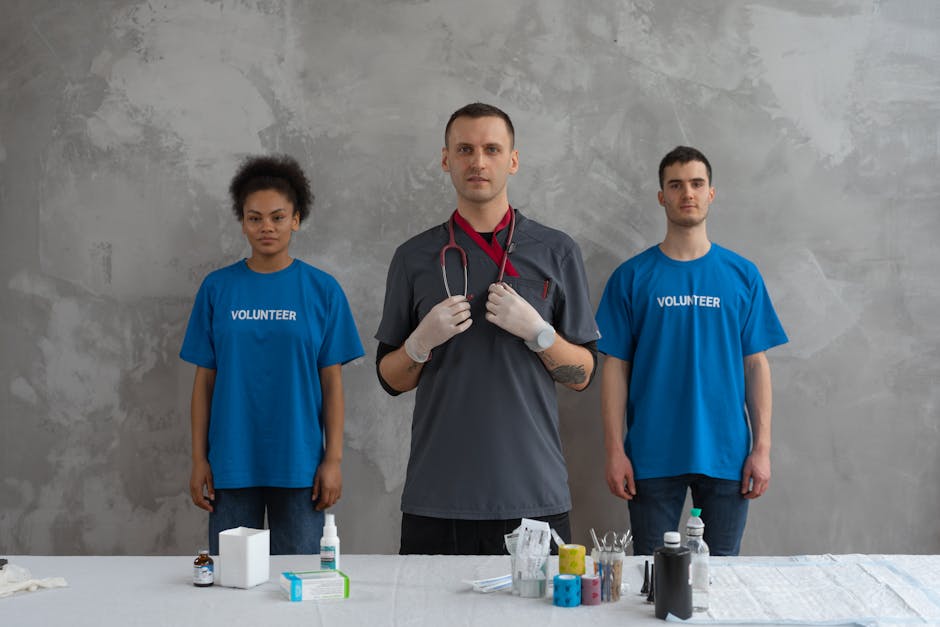Pet ownership brings immense joy, but it also necessitates vigilance. Knowing when to seek professional veterinary assistance for a sick pet is crucial for their well-being and your peace of mind. This article delves into the subtle and significant signs that indicate your pet requires immediate or prompt veterinary attention.
Recognising the nuances of your pet’s health is paramount. Domesticated animals often mask illness, making early detection challenging. Your keen observation and a grasp of normal behaviours are key. A deviation from what you consider ‘normal’ should trigger a closer look and potentially, a veterinary visit.
What Constitutes a Potential Problem?
A crucial aspect of pet care lies in understanding your pet’s typical behaviour. A sudden shift in their routine or appetite signals a potential issue. This could manifest in any number of ways. A previously playful dog exhibiting lethargy, or a usually boisterous cat becoming withdrawn, could all signify underlying health concerns.
Changes in eating habits are often telling. Reduced appetite, complete refusal to eat, or excessive hunger can all indicate a problem. Similarly, changes in drinking habitseither excessive thirst or complete aversion to waterwarrant attention. Sudden onset vomiting or diarrhoea, especially if accompanied by other symptoms, also signifies a need for veterinary intervention.
Assessing Physical Symptoms
Beyond behavioural changes, physical symptoms are equally crucial indicators. Observe changes in your pet’s breathing patterns. Laboured breathing, panting excessively, or unusual noises during respiration necessitate prompt veterinary evaluation. Note any unusual swellings, wounds, or lesions on their body. Examine their eyes and ears for signs of discharge, redness, or irritation. Changes in temperature either abnormally high (fever) or low also warrant prompt attention.
Pain and discomfort are also critical markers. Watch for signs of discomfort, such as limping, whining, or vocalising excessively. A pet that is constantly seeking to rest or is showing signs of pain when being touched or handled needs immediate veterinary assessment.
Addressing Specific Age Groups
Age is a critical factor influencing a pet’s health needs. Senior pets often experience conditions that may not be readily apparent. Changes in urination or defecation patterns, confusion, or disorientation are important indicators for senior animals. Similarly, very young pets, particularly puppies and kittens, can rapidly develop conditions needing urgent attention. Sudden lameness, diarrhoea, or lethargy in a young pet should not be ignored. It’s vital to establish a baseline understanding of your pet’s normal behaviour for their specific age and breed.
Beyond the Obvious: Subtle Warning Signals
Sometimes, subtle changes can be the first hints of a larger issue. A significant loss of energy, or a change in their usual enthusiasm for play or walks, can indicate more than just a momentary slump. A change in their normal grooming habits, such as excessive licking or scratching, could also hint at underlying skin conditions or allergies. Any unusual discharge from any orifice eyes, ears, nose, or genital area necessitates prompt veterinary evaluation.
Crucial Considerations for Prompt Action
The severity and duration of symptoms are key factors in determining the urgency of the situation. A sudden, severe symptom warrants immediate action, whilst a gradual onset of less severe symptoms might still require veterinary consultation. It is prudent to immediately consult a veterinarian for any symptom that raises concerns, particularly if your pet is showing signs of distress.
Establishing a Relationship with a Veterinarian
Building a strong relationship with a veterinarian is crucial. A familiar veterinarian is better equipped to recognise deviations from your pet’s normal health patterns. If possible, establish a routine health check-up schedule for your pet, allowing early detection of issues and promoting proactive pet health management.
Preventive Measures: The Importance of Routine Vet Visits
Regular check-ups, even when your pet seems healthy, provide a critical opportunity for early disease detection. Veterinary examinations allow for the identification of any subtle abnormalities that may be developing without overt symptoms.
Choosing the Right Veterinary Professional
Selecting a vet familiar with your pet’s breed, age, and health history is an essential aspect of effective treatment. Seek recommendations and research credentials, ensuring the veterinarian possesses the necessary expertise for your pet’s specific needs.
Conclusion
In conclusion, prompt and appropriate veterinary intervention is crucial for your pet’s health and well-being. Knowing the signs of illness in pets, appreciating their age-specific needs, and building a positive relationship with a trusted veterinarian are key factors in ensuring a long, healthy, and joyful life for your beloved companion. Never hesitate to contact your vet if you have any concerns; a proactive approach to pet care often leads to better outcomes.
